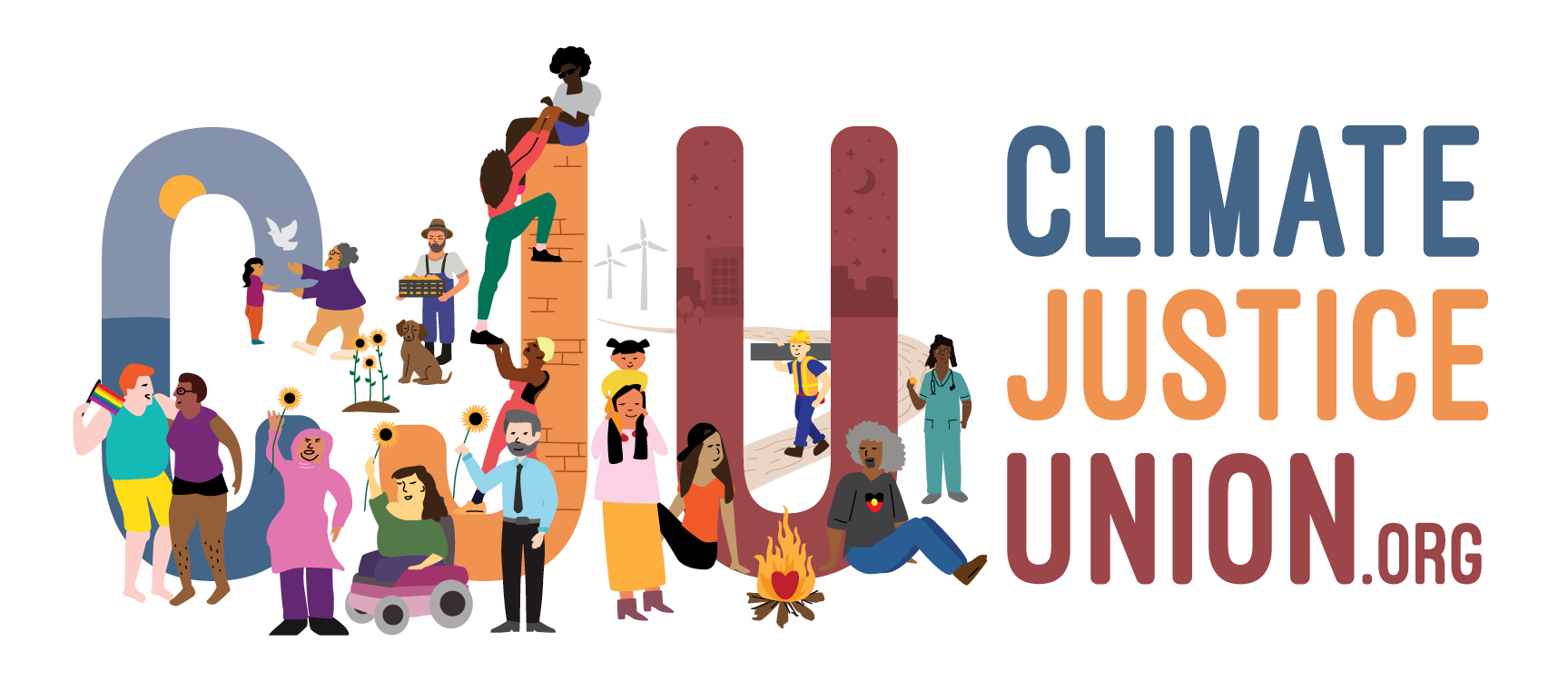On Sunday (29 Oct 2023) we formally celebrated four years of climate justice union. Our celebration and AGM was attended by outgoing and incoming committee members, members across lived experiences, age groups, and commitment levels. We spent time sharing stories, making connections and hearing about what we have achieved together over the last year. Several members gave insight into their experience as members and into the culture we've collectively nurtured over four massive years.
As a member who is also doing research about effective community organising approaches for climate justice in WA I believe many of the stories shared demonstrate how CJU enacts its values and what makes us effective. In addition to all of CJUs visible projects, much of CJUs work happens behind the scenes. It can be hard for current or prospective members to get a feel for the movement we are building. The change CJU is making may not be tangible or visible to everyone and it is hard to measure or report. But it is palpable in what our members have experienced and shared.
Yungaji shared her experience as a CJU member, pointing out that CJU actually walks the talk when it comes to First Nations solidarity:
“They’re not just tokenism. They do what they say when it comes to First Nations issues. That there's a lot of [tokenism] everywhere and I found that it's not like that in CJU. I can actually feel… I am allowed to feel comfortable. If I have issues with something it really gets looked at and taken into account.”
“When we had the referendum, I'm sure there were plenty of healing groups around but I picked CJU to come and yarn with because I felt comfortable here. I just think that for me as a First Nations person, CJU is the solution to a lot of our beliefs and issues.”
Mace emphasised CJU's focus on safety, accessibility, and inclusivity, especially for people who have complex needs as part of their reasons for joining CJUs management committee:
“I am neurodivergent, I am also multiply disabled, I have a connective tissue disorder that affects my entire functioning and every system in my body. So my capacity fluctuates, quite extremely. Because of that, though, I feel really strongly about giving space and creating space for people of all different lived experiences to express themselves and to be heard and to feel supported and feel connected. And I think that's what initially drew me to CJU…. CJU is a space that is just unequivocally accepting, enabling and accessible of their people regardless of their capacity or their lived experience. I feel like CJU really, in such profound ways empowers us all. And I, as someone who's been doing various forms of activism for nearly a decade, haven't ever stepped into a space that has felt as safe and inclusive as CJU. I really want to bring my lived experience to help grow the capacity of CJU to hold that space for people. I really want to bring people together to connect in deep and meaningful ways and to grow our collective capacity to take care of ourselves and each other.”
Mace and Yungaji’s stories highlighted how CJU members actively implement the climate justice principles we advocate for: Principles around centring the voices of people with lived experience, solidarity, reciprocity and care. CJU is radical in how it resists climate action through exclusionary and colonial means, and that it’s what makes CJU both different and effective.
Active member and newly elected committee member Sarah noticed the invisible but powerful force within CJU as they thanked the outgoing committee for their work. Sarah said:
“When I first came into CJU it was like something had been woven, this amazing thing that expanded to make room for people, to include people who usually don’t get to have a voice. And as a priority, an intentional practice, not just an afterthought. And I kept asking, Jamie, how did that happen? And how did you manage to make it work that way? And I could see that there's the hands of many people that have worked over years to build something that is precious and effective. And that allows people to be human while doing what we need to do, or taking the action that we need to do, and also being true to ourselves and our communities. So I'm really thankful, really, really thankful for the weaving that you guys did.”
I think Sarah’s weaving metaphor highlights how CJU has prioritised the time to craft our values, relationships and a culture through these early years. This time weaving has been essential as it enables us to create a foundation that can hold our enormous and essential plan for climate justice in WA. Members have put a huge amount of time, resources and capacity into developing a care-full, reciprocal and radically inclusive organisation. It has been slow and careful work because it is easily unravelled and countercultural.
I think CJUs priorities are quite unique for an organisation working within a movement and place that is up against the clock to restore a safe climate. What CJU members experience, I believe, demonstrates a timeless fact: our collective survival depends on the capacity and health of our relationships with people and Country. Working in union, in solidarity and with care is needed to transform the structures that cause climate injustice.
So make no mistake, what we are weaving isn’t just something warm and fuzzy that makes us feel good. We are weaving a carrier-bag that holds all the complex and impossible pieces of change together; a network that supports and sustains us when it feels too hopeless and hard; a web that captures and abolishes the injustices that are too often pushed into dark corners; and we are weave a strong collective foundation for a future we want.
Kylie Wrigley, CJU Member and PhD Research Partner (Edith Cowan University, Centre for People Place and Planet)

